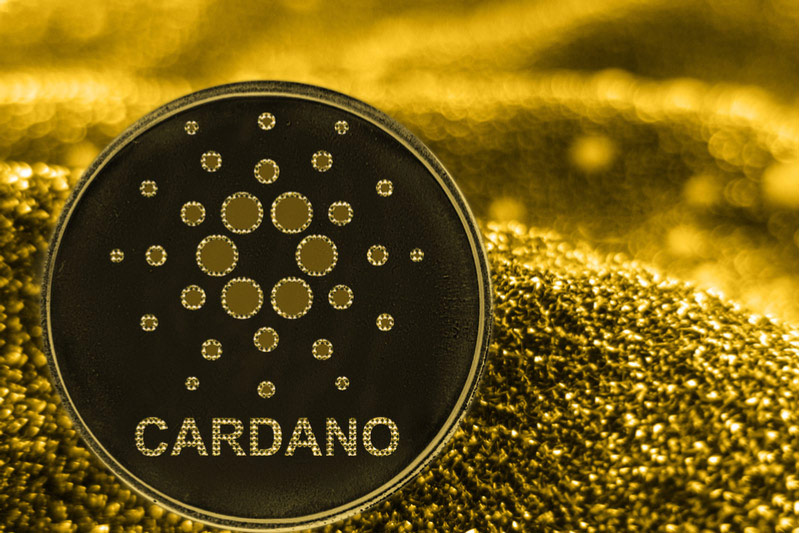The recent collapse of the Signature Bank has forced the FDIC to sell its deposits, excluding crypto, to Flagstar Bank. Flagstar bank is a subsidiary of the New York Community Bancorp and is one of the largest mortgage service providers for residential properties. The Signature Bank deposits that were sold to Flagstar include $38.4 billion worth of deposits, excluding crypto, and $12.9 billion in loans. The agreement between the two entities was formed on March 19th and is called the “purchase and assumption agreement.”
Transfer of assets to Flagstar bank
From today (20th March), all Signature Bank branches will start operating as Flagstar banks, and all deposits by customers will be insured up to $250k by the FDIC. The part that was left out of this deal was the $4 billion in digital assets that Signature Bank held. The FDIC reported that they would transfer the digital assets directly to the customers who opened a digital asset account with Signature Bank. Considering that Signature Bank had $88.6 billion in crypto deposits on December 31, 2o22, their digital asset holdings have decreased drastically.
Previously, there was a misconception that any company or bank willing to buy Signature bank would have to leave the crypto deposits behind. However, a spokesperson from the FDIC refuted those claims at the time. But considering that this major acquisition of deposits and loans by Flagstar bank doesn’t include crypto shows that FDIC must have lied in their statement.
What happened to the Signature bank?
On March 10, Silicon Valley Bank, which provided loans to startups, experienced a significant setback due to untimely financial decisions that resulted in difficulty meeting customer withdrawal demands. This occurred just as slowing venture capital funding led emerging companies to draw from their accounts more frequently. In a similar vein, Signature was one of the rare banks that accepted cryptocurrency deposits right before the overheated industry collapsed last year.
Last week, as news of Silicon Valley Bank’s difficulties circulated, Signature’s business clients started to reach out to the bank, inquiring about the security of their deposits. Most of these customers, like those of Silicon Valley, had over $250,000 in their accounts, causing concern that their deposits might be vulnerable.
What are your thoughts as Signature Bank deposits, excluding crypto, have been sold to Flagstar by the FDIC? Let us know in the comments below. And if you found our content informative, share it with your family and friends.
Also Read: FTX’s inner circle swindled $3.2B in payments and loans.











